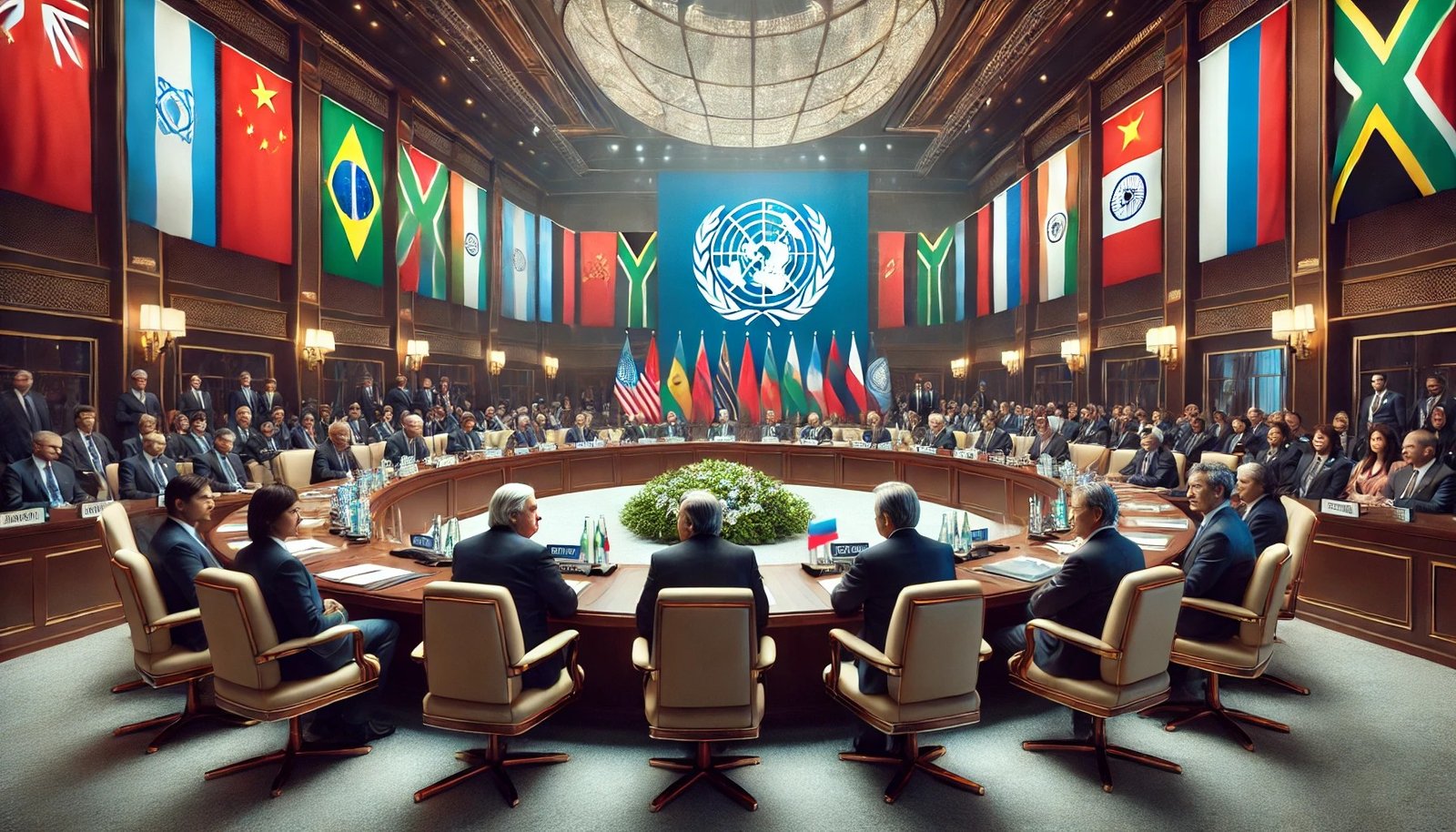UN Chief’s Controversial Role at Russia’s BRICS Summit
The recent BRICS summit in Russia has sparked significant debate and criticism, particularly regarding the attendance of United Nations (UN) Secretary-General Antonio Guterres. Amidst the backdrop of geopolitical tensions and regional conflicts, the presence of the UN chief at this particular summit has raised eyebrows and provoked discussion across diplomatic circles.
The BRICS Summit: A Brief Overview
The BRICS group constitutes five major emerging economies: Brazil, Russia, India, China, and South Africa. Recent meetings aim to enhance collaboration on economic development, political coordination, and mutual cooperation. However, with Russia at the helm, the summit has drawn global scrutiny, particularly in light of Russia’s current international relations stance and geopolitical activities.
UN Secretary-General’s Attendance: A Question of Legitimacy
The fundamental question arises: why did the UN chief choose to participate in this year’s summit? For many, the UN’s involvement appears contradictory given its mission to promote peace and diplomacy. Some officials argue that attending the summit legitimizes Russia’s actions, especially in the face of ongoing global tensions involving the country.
Reactions from Global Leaders
Various international leaders and policymakers have expressed their concerns regarding the UN Secretary-General’s choice to attend. Critics believe that his presence may undermine the UN’s neutral stance and possibly be seen as an endorsement of Russian policy decisions. On the other hand, some proponents suggest that the Secretary-General’s participation could foster dialogue and lead to potential avenues for peace and cooperation.
Key criticisms include:
- Concern over the message sent by attending a summit chaired by a government facing international scrutiny.
- Potential erosion of the UN’s neutrality and impartiality.
- Risk of associating diplomatic legitimacy with one of the world’s more controversial leaders.
Official Statements and Justifications
In response to the backlash, the UN has issued statements clarifying the Secretary-General’s position. According to spokespeople, his presence is intended to facilitate dialogue and cooperation rather than imply endorsement of any specific national policies. The focus, they claim, remains on addressing global challenges through multilateral discussions, regardless of current conflicts or tensions.
The Future of the UN’s Role in Global Diplomacy
As the dust settles on this controversial episode, the international community continues to ponder the broader implications of the UN’s participation in politically sensitive events. The move could mark a shift in how the UN approaches complex geopolitical issues, potentially realigning its strategies to keep pace with ever-changing global dynamics. Whether this approach proves beneficial or detrimental remains to be seen.
In conclusion, the UN Secretary-General’s role at Russia’s BRICS summit serves as a salient example of the delicate balancing act that international diplomacy often requires. While it may have invited controversy, it also highlights the necessity of engagement and dialogue in working toward global solutions, even amidst challenging political climates.



